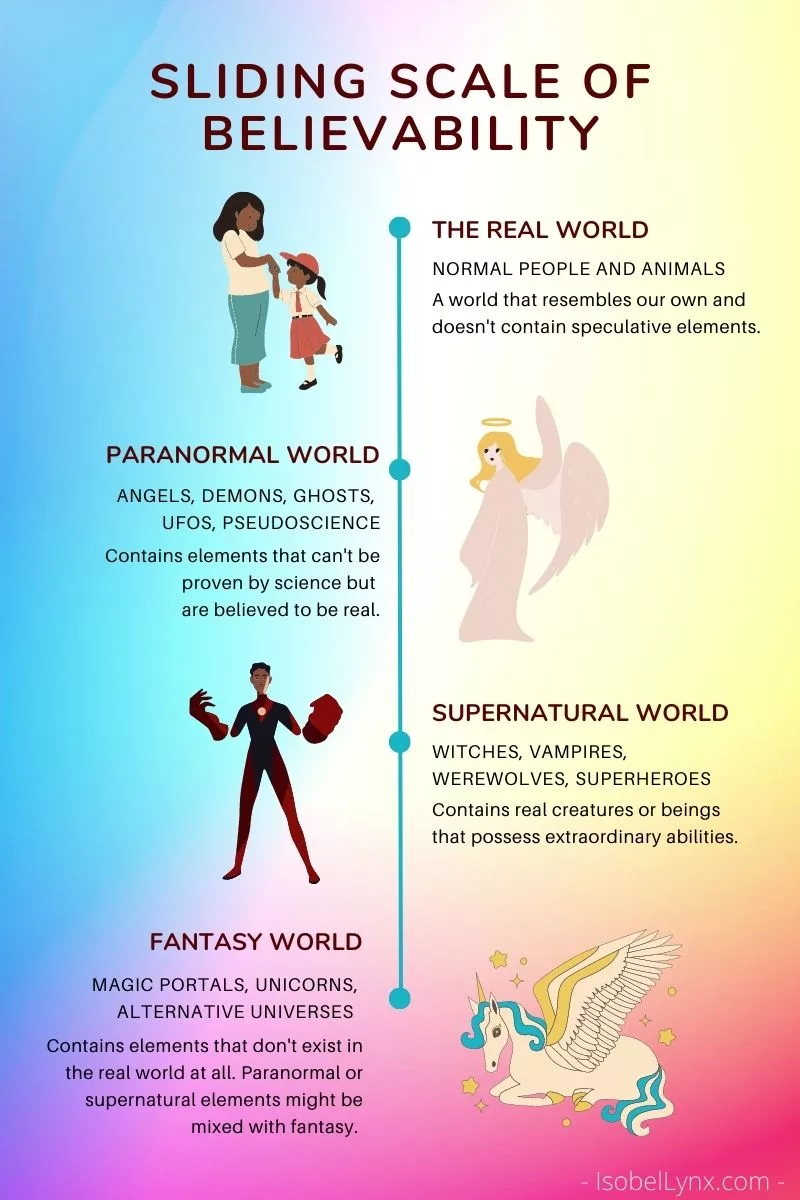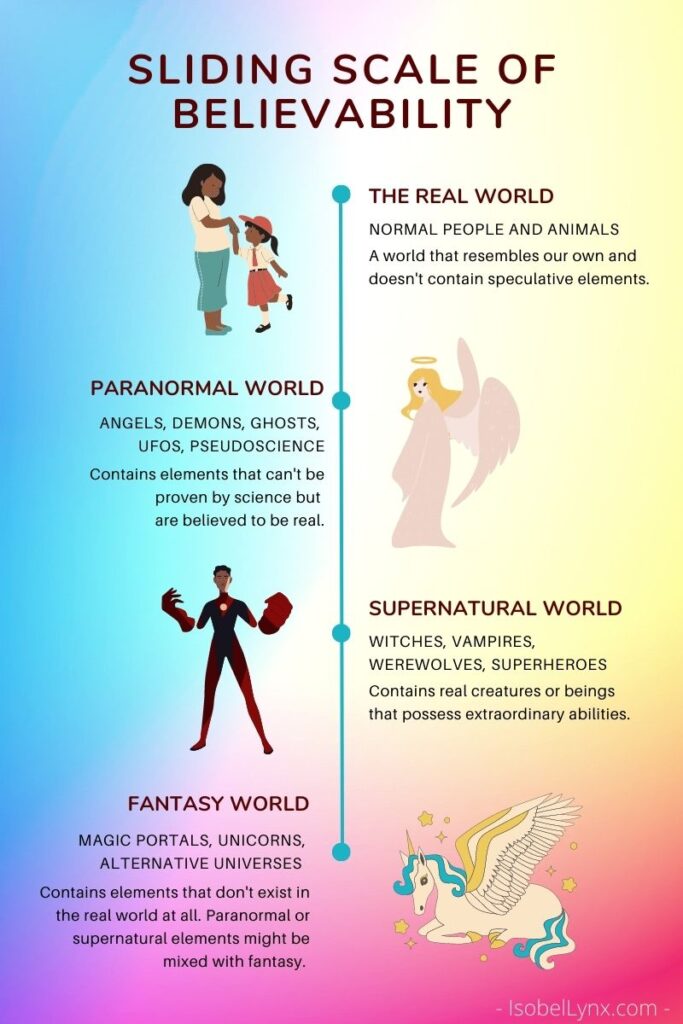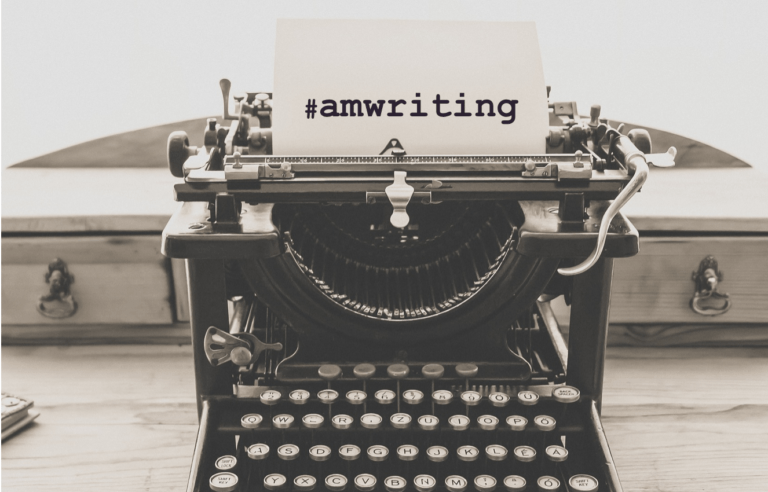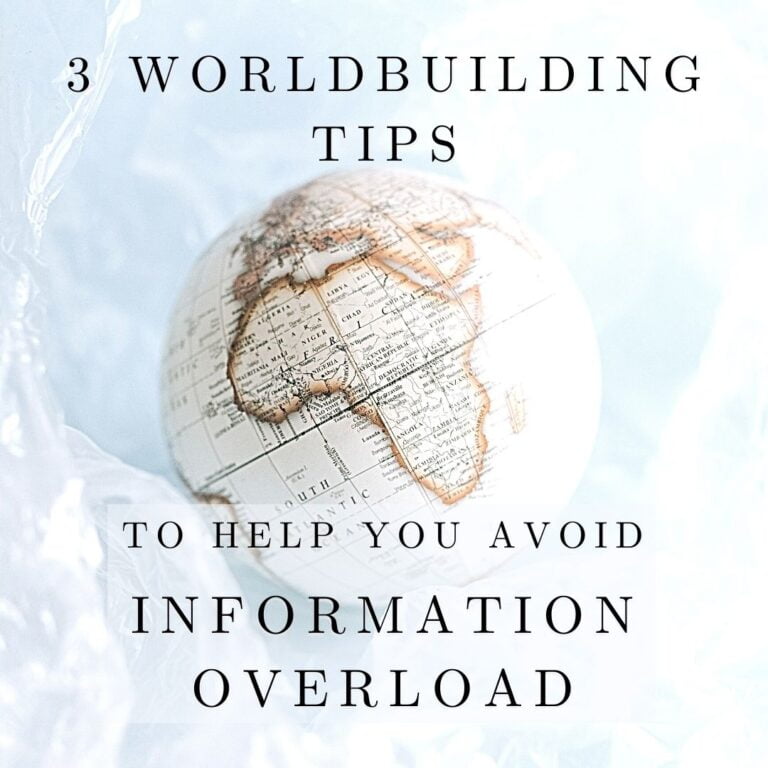As a writer of all three genres, I often get to deal with the debates over which speculative genre I’m looking at. Is it paranormal or fantasy? What exactly is supernatural? Both? Where do we draw the line?
Opinions on this question are divided, but for sanity’s sake, let’s define it. It is much easier to tell them apart when you set some ground rules and use what I call the sliding scale of believability.
Fantasy
Fantasy indicates elements that are purely made up. We don’t expect them to exist in the real world.
Supernatural
Supernatural are the “super” traits of real beings or the anomalies of the natural world. This includes stories of superheroes but also a wide array of fantastic talents and abilities. Supernatural elements are on a very blurry line between fantasy and paranormal, but it gets easier to tell them apart if you look at what makes an element paranormal.
Paranormal
Paranormal are elements that can’t be proven but some people believe are true. Let’s take ghosts for example. Most cultures around the world have a belief system that includes spirits.
What about science-fiction?
As far as the sliding scale of believability, science-fiction doesn’t need its own point because it can fall anywhere on the scale.
Science-fiction can be realistic if it deals with technology that isn’t available yet but could be in the future. I would put this type of sci-fi somewhere between The Real World (hard science) and Paranormal (pseudoscience).
Space and alien sci-fi falls lower on the scale of believability because it can be Paranormal (speculating the existence of alien life) or even Fantasy (inventing alien creatures and planets).
Note, that this distinction exists to help us talk about speculative elements in fiction. The commercial genre that your book will do best under has more to do with the themes it contains and specific audience expectations.
Let’s look at some examples
If your characters are people that can shoot fireballs out of their hands, they’re supernatural (real beings, made up abilities).
If your characters are a made-up race, like the Khajiit (cat-people), they’re fantasy (everyone agrees that they don’t exist).
I consider vampires, werewolves and shifters to be supernatural even though most stick them under paranormal umbrella. Does anyone actually believe they’re real?
But demons and angels would be paranormal because people do believe that they exist.
The distinction gets trickier when you’re dealing with creatures of myth because some elements that nowadays are considered fantasy, were believed in long ago, for example, fairies. Back then when people truly believed in fairies, they were paranormal beings, but now, there is quite a lot of consensus to stick fairies in fantasy.
Long story short, the distinction between the genres falls on a sliding scale of believability. The way I’d classify a book as fantasy, supernatural or paranormal, is by looking at which and how many of those elements exist within. So if we’ve got ghosts (paranormal), but we also have talking dogs (supernatural), and magic portals (fantasy) all in one story, I’ll call it a fantasy.
Is this book paranormal or fantasy?
Let’s play a game and analyze these popular titles by using the sliding scale of believability.
Harry Potter
- Witches and wizards (people with special powers),
- Mythical creatures,
- Ghosts,
- Magic. Lots of magic,
- Made-up locations, objects with special powers, time travel, etc.
While I’d consider witches and wizards on their own to be supernatural beings and there are many paranormal elements in these stories, there are too many unbelievable elements added on top of it all to call it anything other than fantasy.
Verdict: Fantasy.
Twilight
- Vampires (immortal people with a thirst for blood, inhuman strength, and an array of cool abilities),
- Wolf-shifters (people that can turn into wolves).
This one is very close to the fantasy realm since it is very low on the believability scale, but I don’t see enough made-up elements in it to justify it. All in all, vampires and shifters in this story are “special” humans, whether by birth or by being made. The world is an ordinary world, the only difference is in the existence of the “special” people.
Verdict: Supernatural
Good Omens
- Angels and demons,
- People with special abilities,
- Prophecies.
Ooh, a tricky one. The special abilities would count closer to supernatural. The book is very heavily reliant on religious scriptures, though it interprets them so loosely, we could call it fantasy. Still, the major story arc and the themes of the story are all about heaven and hell, forces of good and evil, and the apocalypse, all of which together scream paranormal.
Verdict: Paranormal.
Do you agree? How do you distinguish between the three genres? Let me know in the comments.
Discover more from Isobel Lynx
Subscribe to get the latest posts sent to your email.




